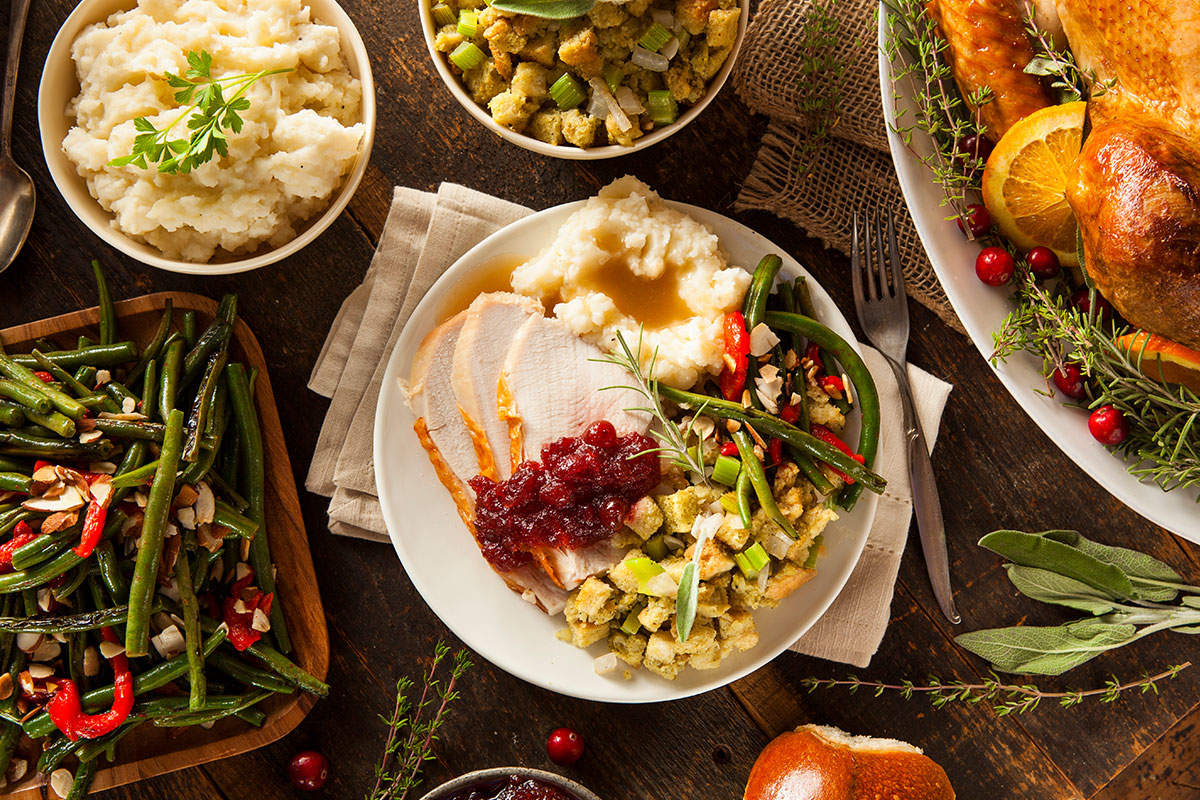We often talk about our body using the car analogy – “Fuel your body”, “treat your body as if it was a luxury car”, “you can’t run on an empty tank” etc.
While these are great analogies, still a car is a machine. We have emotions and we do not just eat food for energy.
Now more than ever, we consume foods that nourish an emotional, social or psychological aspect of our life, and that’s okay. It may become a bit of an issue when these are the main, or only, motivators to eat.
Creating a healthy relationship with food takes a conscious effort. Whether you have been feeling a bit out of touch with your personal relationship with food, or need a boost to make some improvements, here are 5 practices to consider:
As a kid, did your parents promise you dessert only if you finished your broccoli? Alongside the good intentions, this innocent sentence may have instilled in our brain that sweets and desserts are a reward. So now that we are all grown up, we can put in some work and gradually erase that message, while making our own rules which support a healthier approach to foods.
A relaxed approach to eating does not mean you can eat whatever you want any time and throw away all your health goals. A less restrictive approach enables you to eat when you are hungry, enjoy some birthday cake if you want to, and not to beat yourself up for deviating from your eating pattern. It allows you to see food both as an energy source and as pleasure. Imagine a long road with little stops on the way where we get to take a break and once we’re ready, go back to our main road.
The media and some health professionals tell us it is beneficial to replace the “real thing” with alternatives or “healthier” options to what we really crave. Cravings are caused by a variety of reasons. Some may be physical, emotional, psychological or a combination of these. Yet, it is okay to crave a chocolate chip cookie and eat exactly that, instead of going for a more nourishing choice which may or may not fullfill that craving. We may end up consuming more foods which do not satisfy the craving because we really wanted a chocolate chip cookie. If we consciously practice listening to our body and removing guilt, we can find that place where we can eat the cookie, enjoy it and move on with our life.
Our magnificent body communicates with us regularly. Sometimes in more than one way. We would highly benefit from listening and embracing what it tells us. Being in tune with our hunger cues can help us eat when we are hungry and stop eating when we are satisfied. However, how many times have we eaten because of social pressure, something smelled really good or it was lunchtime but we were not really hungry yet? Or, maybe the opposite – have we suppress our appetite because we were busy, it was too early or too late, we just had a snack etc. Reconnecting to the feeling of subtle hunger and satiety is something we need to mindfully practice and accept as the cues to help us decide whether to eat or not.
There are so many different weight-loss diets out there, of which the majority are too restrictive, making them unsustainable. Some may cause us to put back the weight, and some affect us in a negative way to the point we develop unhealthy relationships with food. Being flexible with food choices allows us to maintain a certain way of eating while permitting ourselves to deviate from it when we want to. A romantic dinner that involves a scrumptious dessert, a glass of wine with girlfriends once in a while, or occasionally replacing a healthy meal with a take-out order because we are too exhausted to cook. Allowing flexibility in our way of eating will support a less strict approach to eating and will assist with a healthier relationship with food, long-term.


